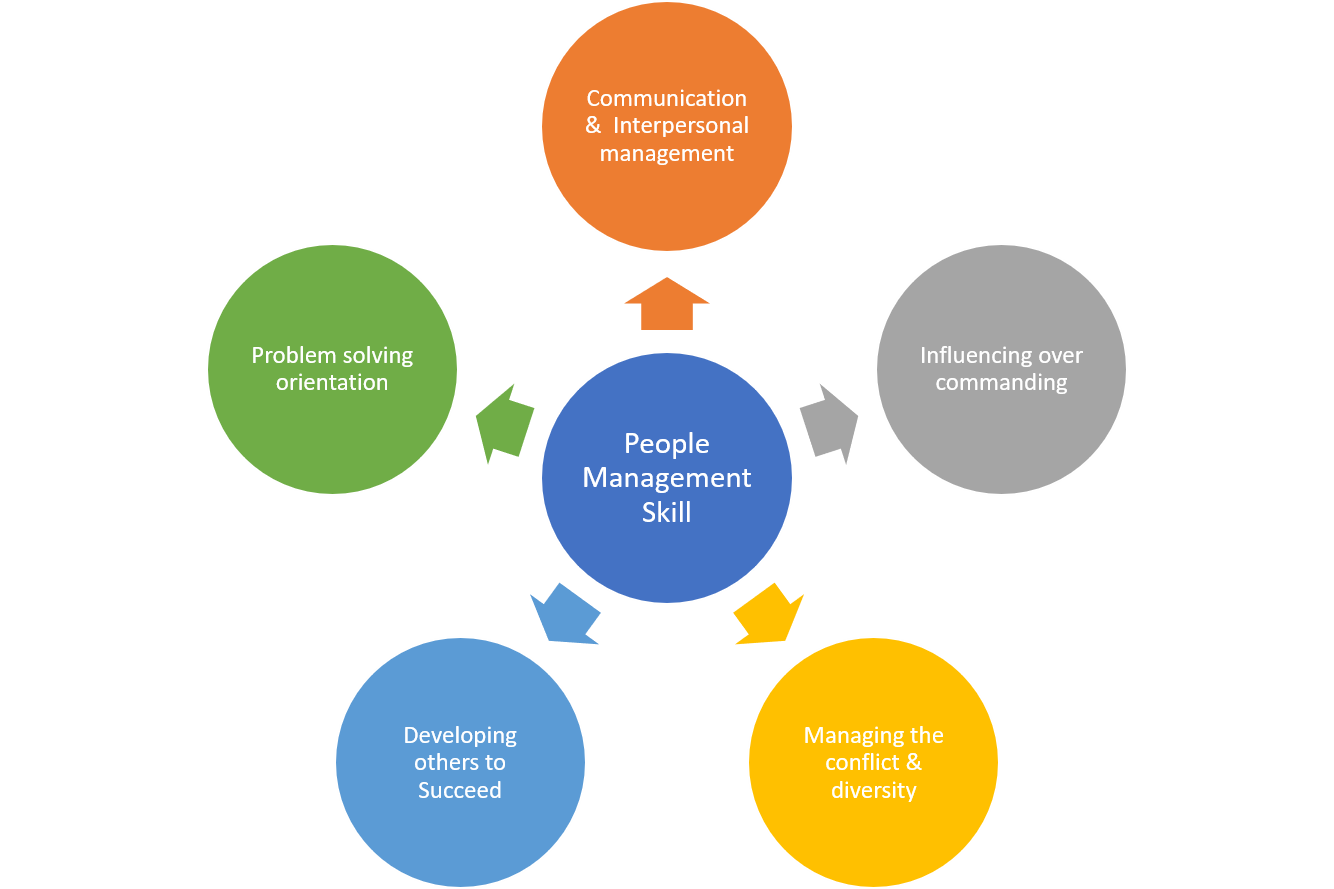What kind of emotional experience do others get from you?

Before getting into the techniques, let us understand some of the principles of human emotions.
The ultimate purpose of people skills is to get things done and maintain a high quality of relationships.
Lesson 2:
By nature, as human beings, we are always keen on either maximizing pleasure or minimizing pain in any actions and interactions with others.
Pleasure includes the feeling of pride, happiness, enthusiasm, fun, respect, joy, learning new things, and any other positive emotions.
Pain includes guilty, sadness, embarrassment, shame, feeling inferior, and any other non-positive emotions.
We always try to maximize pleasure and avoid pain.
For example,
At a personal level, when we take a task, we would like to complete it to get the most satisfaction from it, and we do not want it to get incomplete and then get the feeling of regret. For instance, when we make mistakes, we tend to explain as our mind does not accept the pain of realizing our incapability of not making things right. To avoid emotional pain, we justify with logic. That is the nature of us.
Similarly, at an interpersonal level, people are looking for gaining positive emotional experience from the work (like pride, appreciation, empowerment, learning something new) rather than non-positive experience from the work (like getting blamed, frustrated, feeling low, etc.).
To sum up, either at a self-level or an interpersonal level, everyone desires to maximize pleasure, minimize pain, or even avoid the pain.
If we want to improve people management skills, we need to remember this principle.
Also, we need to ask ourselves is, what kind of emotional experience are we giving to the people when they interact or work with us?
Are we giving others the most positive emotional experience, like respect, making others feel good, secure, comfortable to express, or another way?
When we enhance the positive emotional experience of others, we strengthen our people skills, that is, getting things done and improving the quality of relationships.
Let us learn some more principles next week.
Stay safe till then!








